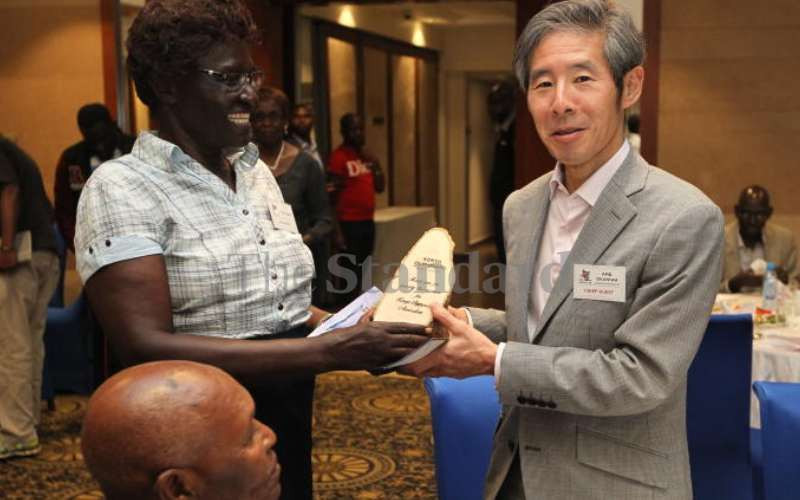×
The Standard e-Paper
Kenya’s Boldest Voice

Climate change is a common challenge of humankind, requiring actions by all countries.
Japan highly appreciates Kenya's commitment to combat climate change and President William Ruto's leadership in rallying the international community towards more ambitious climate actions at COP27.